©Пабло Пикассо - Выход из церкви 1901-1902
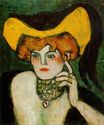 |
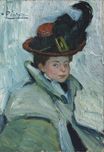 |
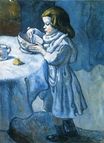 |
 |
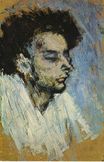 |
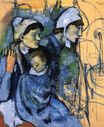 |
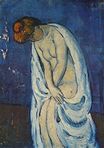 |
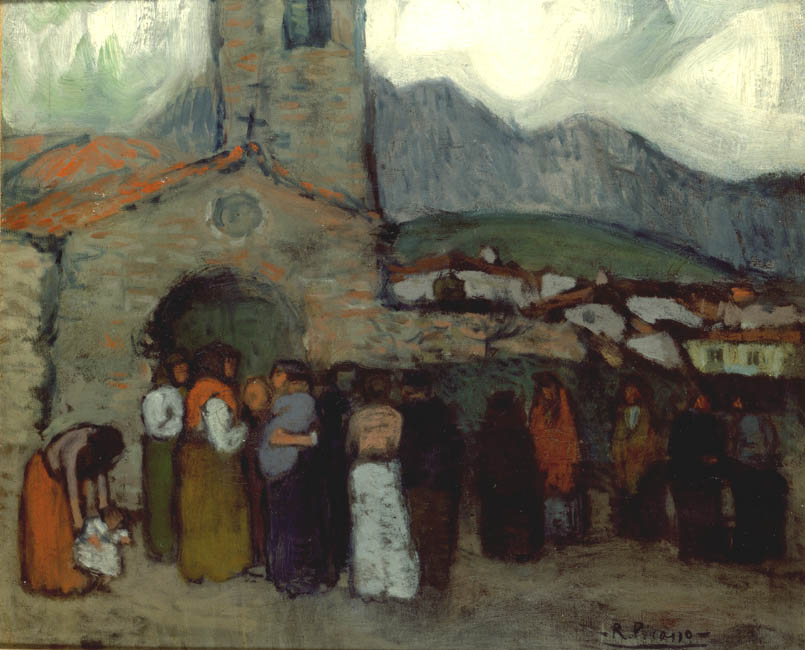
Выход из церкви 1901-1902
46x55см холст/масло
Foundation E.G. Bührle Collection
The image is only being used for informational and educational purposes
<< Previous G a l l e r y Next >>
From Foundation E.G. Bührle Collection:
The young Picasso, who was not insensitive to the bright gaiety on Montmartre, as discovered by Renoir and Lautrec, could not close his sensitive eye to the dark aspects of life. He was already acquainted with them from the harboursides of Barcelona, and social criticism was taken for granted by the young artists from Barcelona with their anarchist leanings; they were influenced, too, by the work of the well-known draughtsman Th.-A. Steinlen in Paris. All this was a prerequisite for the transformation in Picassos work that had set in as early as the end of 1901 in Paris. The colours become subdued and grey, human figures are defeated by their narrow lives and separated one from the other by delimiting contours; only mother and child or lovers are unified together. Every gesture of the will fails beneath the fate to which one bows. The little congregation in the picture "Leaving Church" bows to the destiny of their hard and meagre life in silent resignation. The twilight swallows up all colours. This painting, presumably done at the end of 1901 in Paris or in 1902 in Barcelona, along with similar pictures, announces Picassoss "blue period", which lasts until 1904.